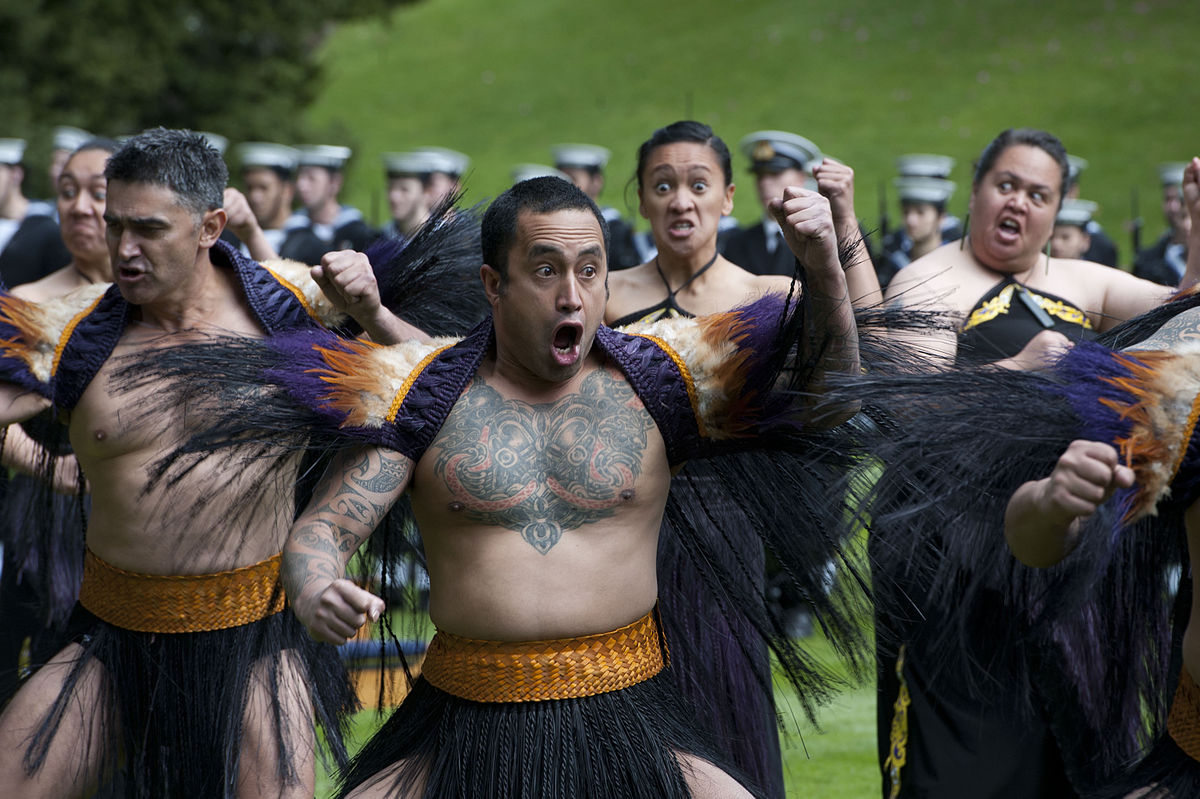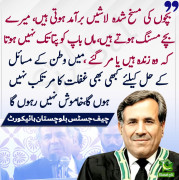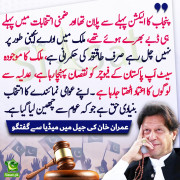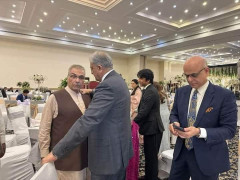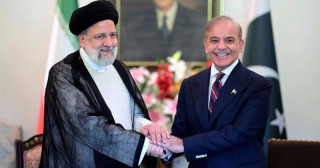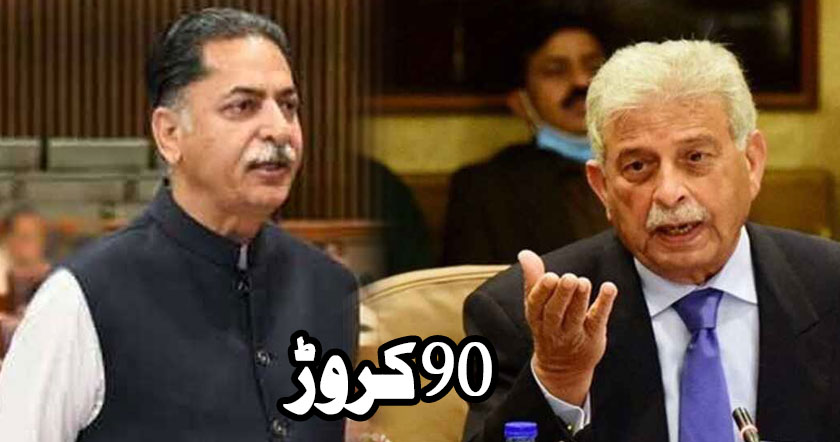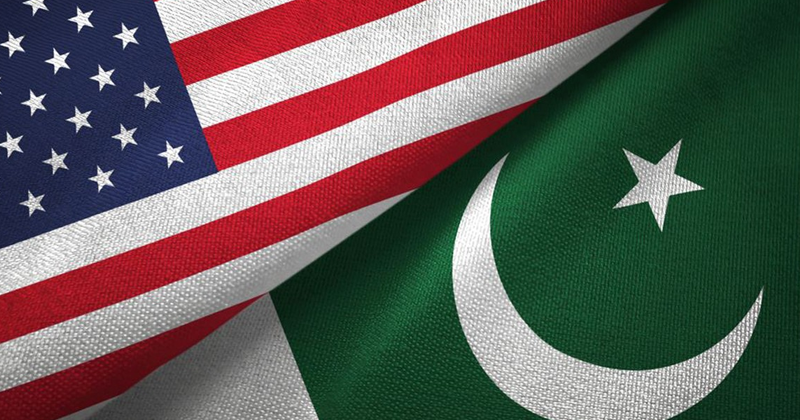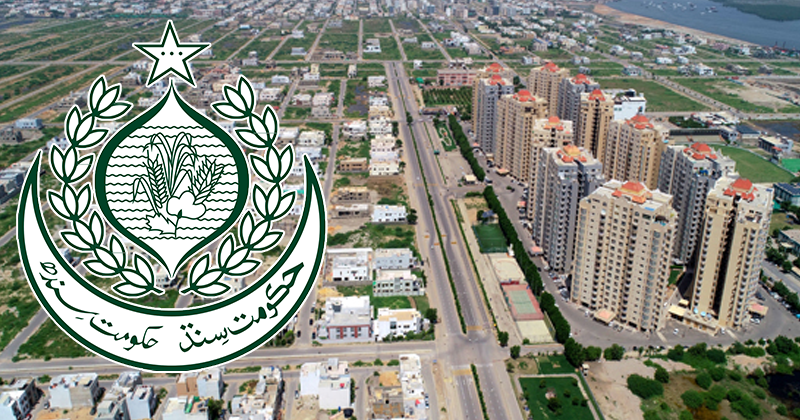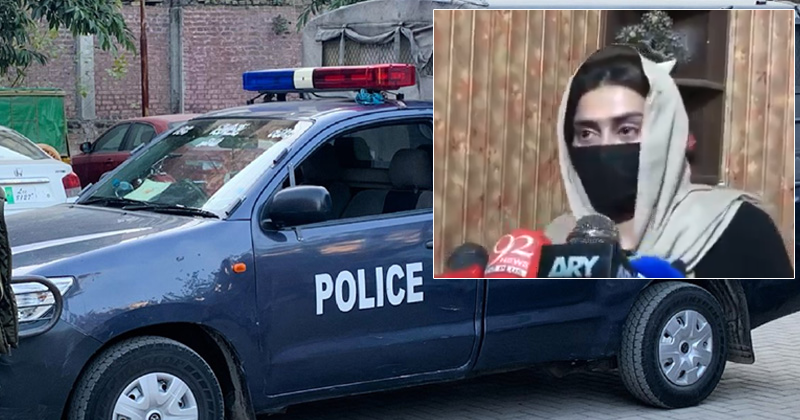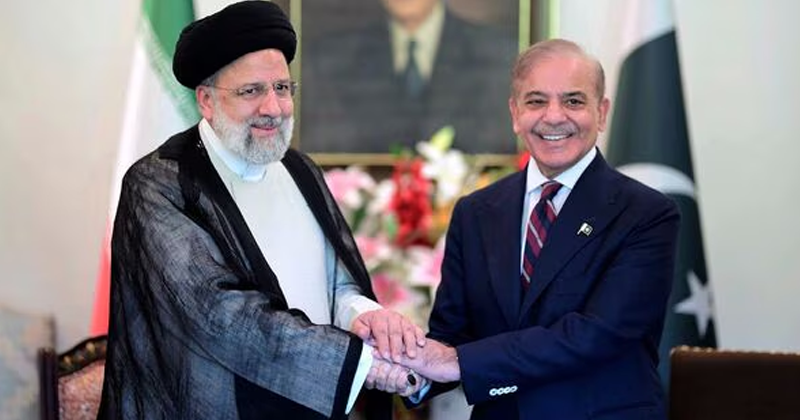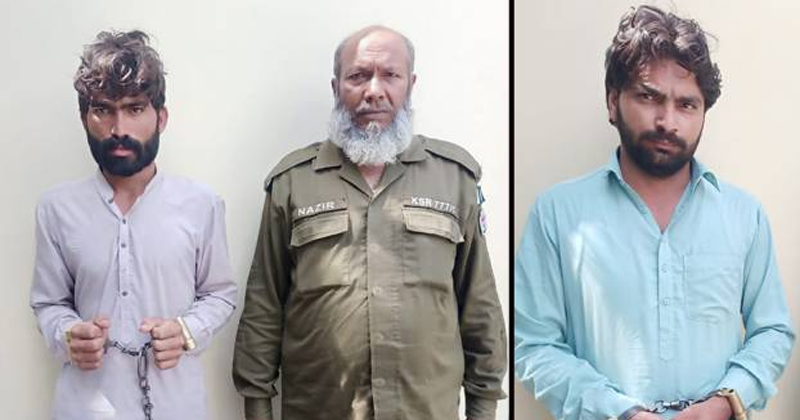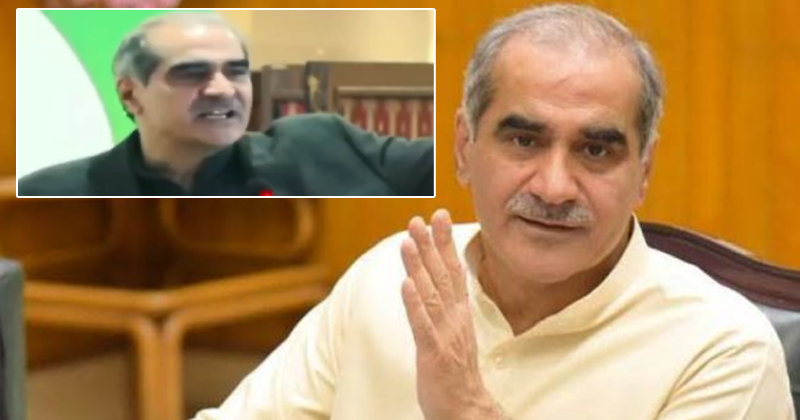Wellington weeps.
On Sunday, thousands of people gathered in the capital to mourn the victims of the Christchurch terror attacks and to show the living they cared.
They came with flowers and signs and hearts heavy with grief; they came reeling from the events of the past few days.

ROBERT KITCHIN/STUFF
They love us: Azhar Nassair 10, films the crowd.
Together they wept for everyone - and everything - that was lost, and promised each other it would never happen again.
Wellington City Council estimated 11,000 people attended the vigil at the Basin Reserve vigil and by 6pm - when the event began - crowds still lined the surrounding streets as they queued to join.

ROBERT KITCHIN/STUFF
Thousands of people gathered in the Basin Reserve in Wellington for the Christchurch Mosque shooting vigil.
Inside, clad mostly in white, the crowd listened to speeches and prayers, all the while watched over by policemen with automatic firearms.
A small boy gave a card to a Muslim woman, a group of teenagers held hands, and a man turned his face into a friend's shoulder and cried.
Even when asked separately the people said the same thing: they came to be with others, they came to send a message and they came because they didn't know what else to do.

ROBERT KITCHIN/STUFF About 11,000 people joined the vigil.
Among the sea of people, Azhar Nassari took a break from translating the speeches for her mum to stand up and film the crowd.
"It's good to see all the people and all the Muslims," the 10-year-old said. "It's so great to see people loving us and wanting us."
Wellington students Samiya and Jamila Mckonnon had joined the vigil to show their support for fellow Muslims and be with fellow New Zealanders.

SCREENGRAB
A screen-grab from the NZTA traffic cameras shows thousands of Wellingtonians streaming into the Basin Reserve for a vigil for the victims of the Christchurch mosque shootings, on Sunday, March 17.
"I've noticed things have changed since the terror attack," Samiya said, "everyone's friendlier and there's more smiles towards you, that's always a good thing."
Jamila hoped the attack would bring people together: "Hopefully they're more understanding of people who are different to them."
Not far from the Mckonnon family, Rosalind Dawson and Siang Tay sat with baby Florence.
"It's hard to know what to do," Dawson said, "even this doesn't feel enough. We're so shocked this has happened."
Kāpiti woman Sophie Perkins said her family had decided to join the vigil as soon as they heard about it.
"It seemed the right thing to do."
Across the basin, Dulcie Johnston from Lower Hutt said it was important to be with other people after the tragedy.
"It's an expression of being one with the people who have been hurt and who are hurting."
She wasn't surprised by the number of people who had turned up to the vigil.
"This is Wellington and this is what we do. I wouldn't expect anything less."


